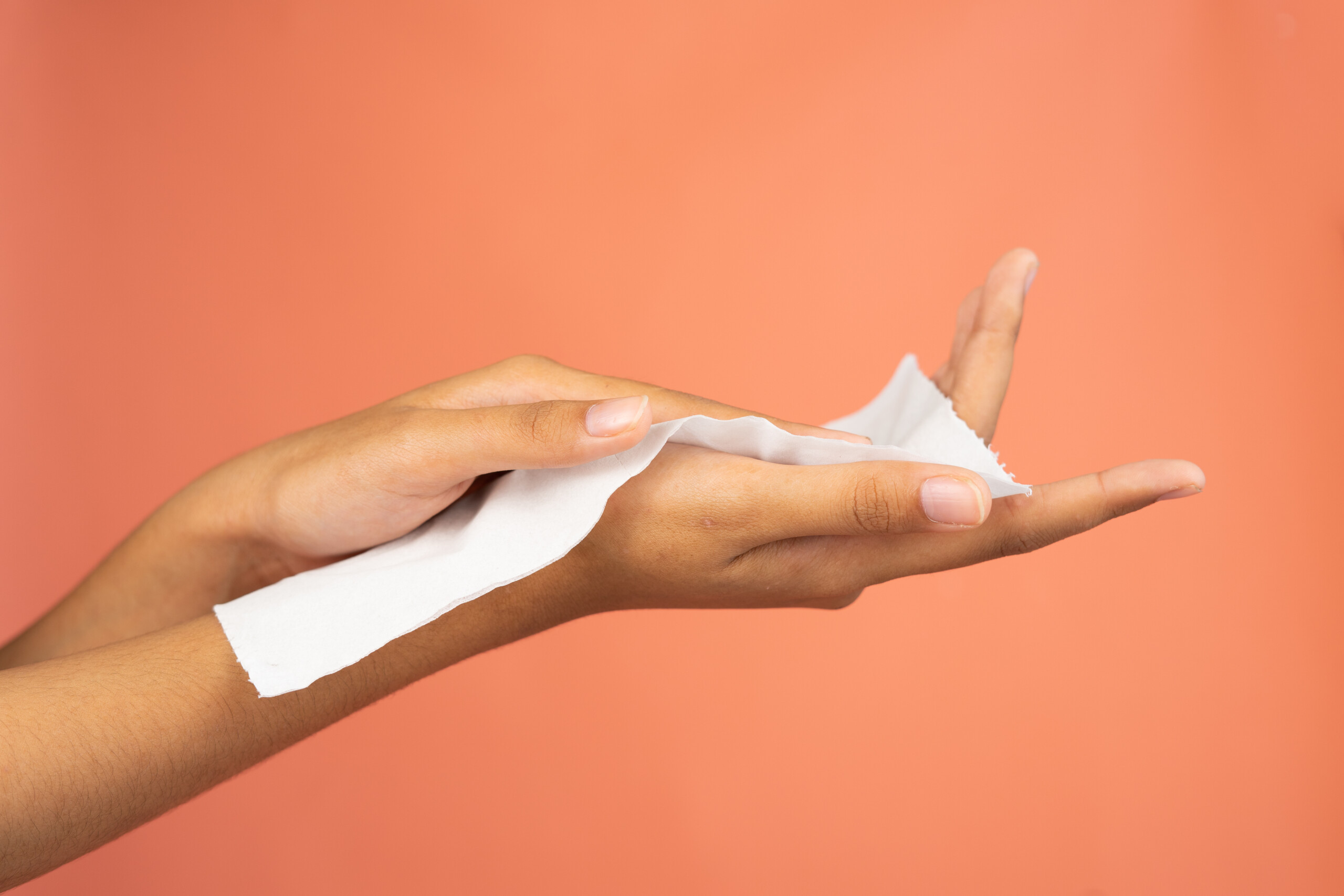Efficient Dermatology Solutions for Excessive Sweating: How to Stop Sweaty Hands and Feet
Efficient Dermatology Solutions for Excessive Sweating: How to Stop Sweaty Hands and Feet
Blog Article
Comprehending the Root Causes of Excessive Sweating and Its Effect On Daily Life
Excessive sweating, additionally recognized as hyperhidrosis, is a problem that impacts a significant part of the population, yet its underlying reasons and effects on daily operating remain somewhat enigmatic. While it is frequently recognized as a physical action to control body temperature level, the triggers for excessive sweating can vary widely among individuals, incorporating not only physical aspects yet mental and likewise psychological elements. Additionally, the influence of this condition extends beyond plain pain, often affecting social communications and total lifestyle. By delving into the source of hyperhidrosis and discovering its multifaceted effects, a much deeper understanding of this pervasive issue can be gotten, dropping light on the intricacies that people grappling with too much sweating navigate every day.
Physiology of Sweat Glands
The guideline of sweat manufacturing, a crucial physiological process, is mostly controlled by the activity of sweat glands dispersed throughout the human body. Sweat glands are categorized into two primary types: eccrine and apocrine glands.
When the body temperature rises, either because of exercise, heats, or psychological stress and anxiety, the nerve system causes the sweat glands to generate sweat. This sweat is composed mainly of water and electrolytes like salt and chloride. The process of sweat production is important for preserving the body's inner temperature within a slim, optimum array, highlighting the vital duty gland play in human physiology.
Triggers for Excessive Sweating
In recognizing the origin of too much sweating, it is important to determine the triggers that can lead to this physical action. Extreme sweating, also understood as hyperhidrosis, can be triggered by different variables, both physical and ecological. One common trigger is emotional tension or stress and anxiety, which can stimulate the body's sweat glands to create even more sweat than is essential for cooling. Physical physical effort, high temperature levels, and spicy foods are likewise known to cause extreme sweating in individuals prone to this condition. Certain medical conditions like diabetic issues, menopause, or hyperthyroidism can add to excessive sweating as well.
Moreover, drugs such as some antidepressants, opioids, and certain supplements can likewise function as triggers for hyperhidrosis. Comprehending these triggers is necessary in handling excessive sweating effectively - Treatment for hyperhydrosis of hands and feet. By determining and attending to the details triggers that prompt too much sweating in a private, healthcare providers can establish individualized treatment strategies to ease this problem and boost the person's lifestyle
Medical Conditions Associated
Connected with too much sweating are different clinical problems that can intensify this physiological feedback. One typical problem is hyperhidrosis, a disorder defined by unusually enhanced sweating that exceeds the body's thermoregulatory requirements. This can materialize in focal locations like the hands, soles, underarms, or face, affecting an individual's high quality of life as a result of social shame and discomfort.
Furthermore, endocrine disorders such as hyperthyroidism, diabetic issues, and menopausal hot flashes can likewise lead to extreme sweating. Hyperthyroidism creates an overproduction of thyroid hormonal agents, speeding up metabolism and triggering sweating.
In addition, infections like hiv, tuberculosis, and endocarditis have been related Visit Website to evening sweats, a typical signs and symptom known to disrupt rest and impact general wellness. These medical problems highlight the varied array of underlying factors that can contribute to too much sweating, demanding complete examination and management by medical care specialists.
Psychological and emotional Aspects
:max_bytes(150000):strip_icc()/sweaty-palms-palmar-hyperhidrosis-4691320-10512b2d428846059753b76df6dc74c2.png)
Effect On Social Interactions
Excessive sweating can have profound effects on an individual's ability to engage comfortably in social interactions. The noticeable indications of sweat stains or wet patches on clothing can result in embarrassment and self-consciousness, triggering people to Our site take out from social scenarios. This withdrawal can affect relationships, restriction social activities, and hinder personal and specialist development.

Additionally, the anxiousness and self-worth concerns stemming from excessive sweating can influence communication and interpersonal abilities. Individuals may have a hard time to concentrate on conversations, take part in group tasks, or reveal themselves confidently. This can lead to sensations of isolation and loneliness, as social connections become testing to maintain.
Verdict

While it is generally comprehended as a physiological response to manage body temperature, the triggers for excessive sweating can differ extensively among individuals, including not just physical factors but additionally psychological and emotional aspects. By delving into the origin triggers of hyperhidrosis and discovering its multifaceted effects, a much deeper understanding of this pervasive concern can be acquired, losing light on the intricacies that individuals grappling with extreme sweating browse on a day-to-day basis.
Physical effort, high temperature levels, and spicy foods are also recognized to activate excessive sweating in individuals susceptible to this condition. By recognizing and attending to the specific triggers that trigger too much sweating in a specific, health care carriers important site can establish personalized therapy strategies to relieve this condition and improve the individual's top quality of life.
Excessive sweating can have profound impacts on a person's capability to engage easily in social interactions.
Report this page